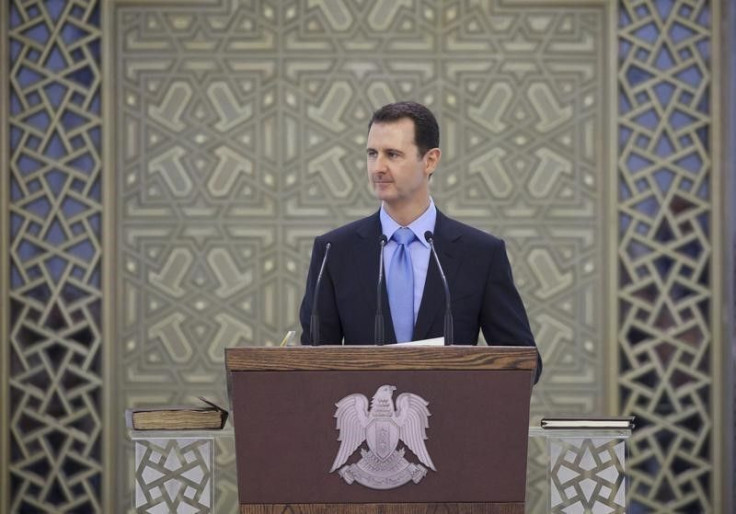US War vs ISIS Going Haywire: Syria, Iran Criticise Washington for Excluding Them From Strategy

As expected, Syria and Iran are fuming over the battle plan that U.S. President Barack Obama laid down on Wednesday during a televised address. The two countries criticised Washington for not including them in the international coalition that will destroy ISIS.
Sharif Shehadeh, a Syrian lawmaker, told The Associated Press the U.S. and its allies should be reminded that their country is a sovereignty, and violating that will have "negative repercussions on regional and international security."
"I wonder how an international coalition can be formed and Syria, which is targeted by terrorism in depth, is shunned aside?" he said.
Mr Obama announced U.S. airstrikes will be launched for the first time in Syria, simultaneous to expanded strikes in Iraq. All these, he said, are part of "a steady, relentless effort" to combat and destroy Islamic State extremists in the region as well as prevent their spread worldwide.
It is still unclear as to when the U.S. will send its air forces to launch the strikes against determined targets inside Syria. The Pentagon said they are still in the process of determining where those targets are.
Nonetheless, Mr Obama had asked Congress to approve the release and grant of funds to arm and train the moderate rebels in Iraq and Syria. Some U.S. lawmakers saw this as outright gesture of bypassing Congress.
The White House's authorisation of the airstrikes against Syria and its utter disregard of its sovereignty will signify as the very "first sparks of fire in the region," state-run al-Thawra newspaper warned in a front-page editorial.
Walid al-Moallem, Syrian Foreign Minister, as early as August cautioned the U.S. that it should seek first the consent of Damascus before it actually carries out any planned airstrikes on its territory. Any attack that was not coordinated and done without explicit approval by President Bashar Assad would be considered an aggression.
But Mr Obama vehemently maintained the U.S. and its allies will not seek out a partnership or approval from Mr Assad.
Russian Foreign Minister Sergey Lavrov likewise reminded Mr Obama Washington's tactics will fan all the more the fires of terrorism if Mr Assad is purposely left out of the picture.
Read: ISIS US Strike Countdown: Consult Damascus First, or Matters Will only Worsen in Syria - Lavrov
The uprising in Syria started in March 2011 and has since evolved into a civil war.





















